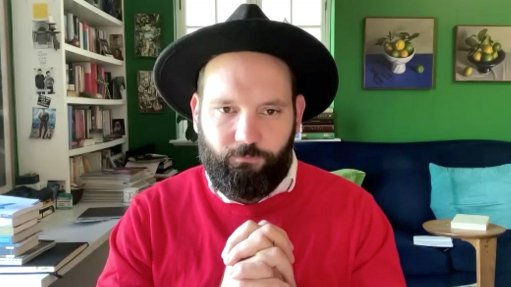
Nic Spaull
Stellenbosch University associate professor Nic Spaull has warned that there will not be any progress following the recent release of the Progress in International Reading Literacy Study (PIRLS) which revealed that 81% of Grade 4 pupils in South Africa cannot read for meaning in any official languages.
He pointed to no catch-up plan having been set up by the Department of Basic Education and stressed that political will was a critical factor needed to help turn the results around, noting that this approach had worked for Brazil.
Spaull spoke to Polity in an exclusive interview where he said South Africa was last among the 50 countries participating in the PIRLS survey, a decline from 2011 levels.
The survey revealed that the average Brazilian Grade 4 was three years ahead of the average Grade 4 child in South Africa. Spaull further pointed out that one of Brazil’s poorest states, equivalent to Limpopo or the Eastern Cape, had managed to focus on reading over the past 20 years and the results had been outstanding, as it was one of the best-performing states in Brazil.
The recent study also revealed that South Africa had the largest decline of all countries compared to 2016. The survey is conducted every 5 years.
Spaull pointed out that South Africa was already in a reading crisis before the Covid-19 pandemic, as only 78% of Grade 4s could not read in all South African languages in 2016.
He expressed concern that there was no plan in place to make up for the time lost during the Covid-19 pandemic.
He said the PIRLS results showed that "we have serious problems with the teaching of reading in South African schools and that things are getting worse as a result of the Covid-19 pandemic".
When asked about what it would take to get reasonable figures, as the country has no plan, he said foundation phases should be equipped with a minimum set of resources so that teachers could instruct effectively.
He said schools required graded readers structured in a phonically sequenced method so that the stories learners read started from easy sentences to harder ones as they mastered the easy readers.
Secondly, teachers needed to be retrained as most were trained under apartheid, as more than 50% of them were 50 years or older. He said there was a specific method needed to teach children how to read.
He added that assessment testing in all schools was also needed for Grade 3 pupils as that would show which schools needed support and which ones needed to be monitored closely.
The Western Cape is the only province with structured assessments, where Grade 3s, 6s and 9s are assessed.
He attributed some of the poor results in PIRLS to a lack of decisions made during the Covid-19 pandemic.
"At the beginning of the pandemic it made sense as we didn't know whether the children were going to die from Covid-19 and how infectious it was. At the beginning of 2020, even the Minister's advisory team advised her to open schools and let all the children go back to school because the cognitive learning losses, social emotional harms of not being at school and even the nutritional harms of not getting a free school meal because you are only coming to school every second day outweigh the benefits of social distancing. But still, the Minister, with the department, continued with the rotational timetable for another six months,” Spaull pointed out.
He said the Democratic Alliance's request to summon Basic Education Minister Angie Motshekga to Parliament was reasonable as she had to account and present a catch-up plan, a budget as well as the reading plan to make up for lost time.